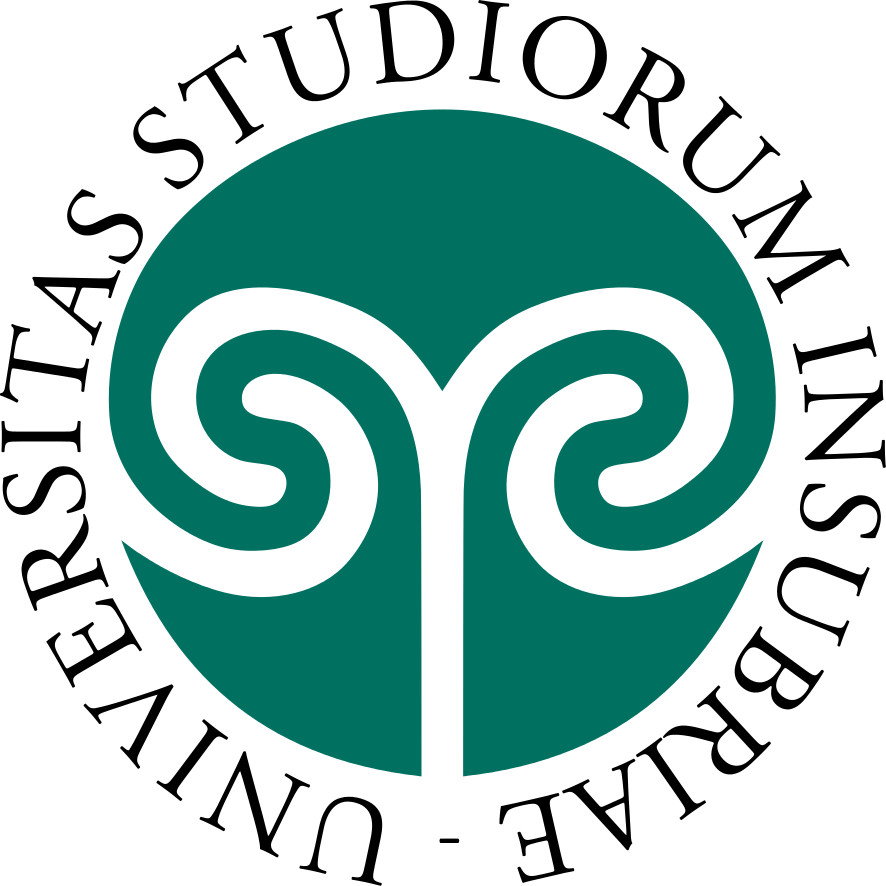|
|
Schedule
- 1. Summer School
“Computational Methods for Inverse
Problems in Imaging” (21-25 May)
-
2. Course and seminars on “Optimization
techniques for imaging” (11-15
June)
Accelerations of Forward--Backward
Splitting
Slides here
Lecturer: Peter Ochs, Saarland University, Germany
The natural extension of the Gradient
Descent Method to a certain class of
(structured) non-smooth optimization
problems is the so-called Forward--Backward
Splitting Algorithm. The fundamental
understanding of this algorithm and its
accelerated variants has significantly
advanced the state of the art in a large
number of applications in image processing,
machine learning, computer vision, and
compressive sensing. Moreover, the inherent
structure of Forward--Backward Splitting is
the basis for several other optimization
techniques. This course introduces various
aspects of Forward--Backward Splitting for
convex and non-convex optimization problems.
More in detail, most of the following topics
will be covered: Accelerations and inertial
variants, relation to (proximal)
quasi-Newton methods, time-continuous
interpretation, several other modifications,
generalizations of the convergence proof
strategy, local and global convergence,
Kurdyka--Lojasiewicz inequality, etc. The
course will be accompanied by examples from
practical application in the above mentioned
fields.
Seminars
The seminars will provide state of the art
contributions on the application of the
presented acceleration strategies to
optimization methods widely used in
regularization approaches to imaging
problems.
-
Flexible Krylov Methods for Regularization
Krylov methods are well-known and efficient iterative solvers for linear systems of equations, and they are often employed as iterative regularization methods for linear inverse problems. In this talk we will explore classical Krylov methods when applied to solve Tikhonov-like regularized problems, and introduce new flexible Krylov methods that allow to efficiently incorporate nonnegativity constraints and 1-norm penalization terms within the solution process.
-
A general framework for inertial variable-metric forward-backward algorithm
Imaging techniques based on the acquisition of data by photon counting are dominated by Poisson noise.
The numerical methods for the treatment of Poisson data require to solve variational problems with special features.
In this talk, I will discuss some tools to address these problems in the framework of inertial forward-backward methods. In particular, a variable metric, a variant of the inertial step and an inexact proximal gradient step are included in a generalized version of the classical method, so that the recent improved ${o}(1/k^2)$ convergence rate for the objective functions values and the convergence of the iterates are preserved. The effectiveness of the proposed approach is then validated with a numerical experience on synthetic Poisson data.
-
First order algorithms for convex optimization under inexact information
First order methods are among state-of-the-art approaches for solving large scale
optimization problems arising in a variety of applications. In many situations, the
first order information is inexact. This is mainly due to two reasons: either because the objective
function is not fully accessible, or because it is computationally convenient to discard some available
information. The most significant example is the stochastic gradient algorithm.
In this talk i will discuss more generally the design and analysis of gradient based methods to solve
convex optimization problems under inexact information. In particular, I will focus on inexact computations of
the proximal step, and on several variants of the stochastic gradient algorithm.
-
Steplength selection strategies and variable metric approaches in gradient projection methods
Lecturer: Luca Zanni, Università degli Studi di Modena e Reggio Emilia, Italy
Gradient projection methods are widely used for solving optimization problems with simple constraints, due to their simplicity and low memory requirements. In the last years, very efficient gradient-based approaches have been designed, exploiting special strategies to accelerate their convergence rate. In this talk, we focus on steplength selection techniques and variable matric approaches. We provide a spectral analysis of popular steplength rules for quadratic optimization problems with box-constraints, motivated by recent studies on the connection between the steplengths and the Hessian of the objective function. This analysis suggests modified versions of the well known Barzilai-Borwein rules that improve the performance of the gradient projection methods. In the framework of the variable metric approaches, diagonal scaling techniques are discussed and the numerical behaviour of the corresponding scaled gradient projection schemes is evaluated on imaging problems.
- 3. Short courses on
“Numerical methods for Astronomical
Imaging” (18-22 June)
- 4. Course and seminars on
“Reconstruction methods for sparse-data
tomography” (25-29 June)
- 5. Laboratory on
“Restoration of Medical Imaging”
(9-13 July)
- 6. Conclusive Workshop
“Computational Methods for Inverse
Problems in Imaging” (16-18
July)
|
|



